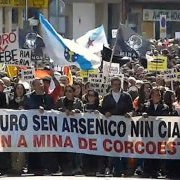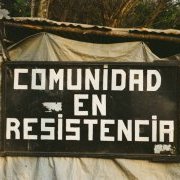23-Apr-2020
The Conversation
Global companies are positioning themselves to use little-known rules in trade agreements to claim millions of dollars in compensation for restrictions imposed during the pandemic.
10-Apr-2020
Modern Diplomacy
This is Brazil’s 10th and India’s 4th bilateral investment agreement since both nations had adopted their Model Bilateral Investment Treaty.
9-Apr-2020
Kluwer Arbitration Blog
States around the world have taken a variety of measures seeking to stem the spread of COVID-19. It is likely that some foreign investors may seek relief and/or compensation for any losses resulting from State measures.
2-Apr-2020
Verfassungsblog
Investors are receiving monetary damages that they would not be entitled to outside of ISDS, on the basis of an unjustified and highly reductive understanding of value.
2-Apr-2020
Hindustan Times
In order to halt the spread of the coronavirus pandemic (Covid-19) and to boost the public health care system and preparedness, India has taken several regulatory steps.
27-Mar-2020
Inequality.org
The hard work of protecting water and land from the long-term harms associated with gold and silver mining takes place daily on the frontlines of tenacious struggles throughout Latin America and around the world.
16-Mar-2020
Gabriel Resources
Gabriel has provided notice to Romania of a dispute with regard to Romania’s application to UNESCO in relation to Roşia Montană and has reserved its right to commence a further arbitration.
























